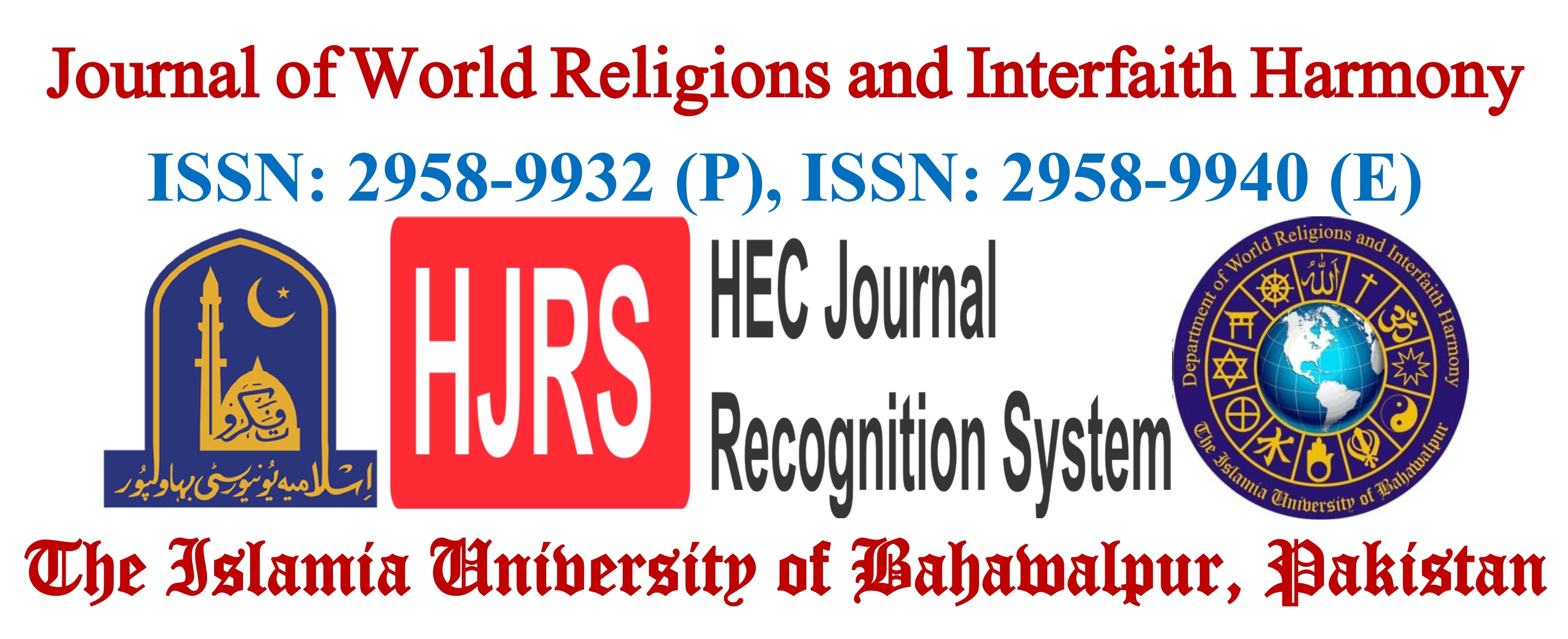The Role of Islamic Ethical Frameworks and Organizations in Addressing Climate Change: Case Studies of Islamic Countries' Contributions to Environmental Sustainability
Keywords:
Islamic Ethics, Climate Change, Renewable Energy, Stewardship, Sustainability, Islamic CountriesAbstract
The focus of this paper is on illustrating the contribution of Islamic ethics in facing the challenge of climate change, firming up the argument which makes Islam very distinctive in this regard. Core Islamic values like Khilafah (the stewardship), Amanah (the trust), Tawhid (Oneness of Allah) are among the several constants that define Islam’s capability of tackling the challenges of every era. The research uses case studies of selected Islamic countries which include Indonesia, Morocco, United Arab Emirates and Bangladesh. Initiatives taken in above Muslim countries such as the renewable energy programs in Indonesia or the Noor Solar Complex in Morocco or Masdar city in UAE are noteworthy examples. The case of Islamic ethical models of these countries in integrating renewable energy projects in urban development and community-based climate change approaches has portrayed the positive perception of Islam. In conclusion, the case studies provided a clear insight into how Islamic organizations have been able to introduce reforms at grassroots level, in policy making and implementation of best practices. This research bridges faith with sustainability and asserts the importance of Islamic ethics in the above mentioned goals and objectives, providing a culturally appropriate and reasonable perspective into the climate issue which is among the greatest challenges in the world today.
Downloads
Published
How to Cite
Issue
Section
License
Copyright (c) 2024 Dr. Basheer Ahmed Dars and Dr. Saifullah Bhutto

This work is licensed under a Creative Commons Attribution-NonCommercial 4.0 International License.






